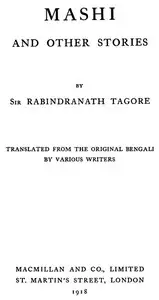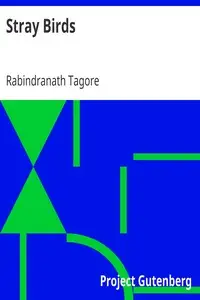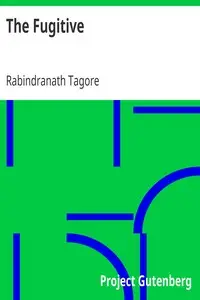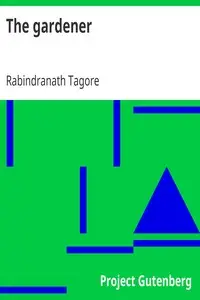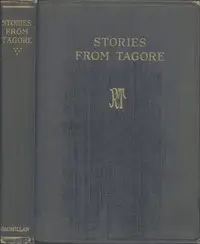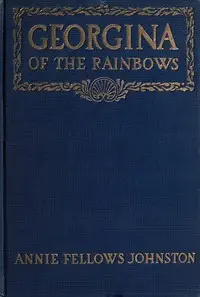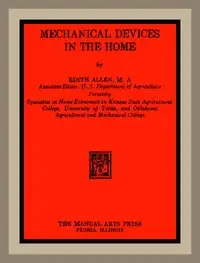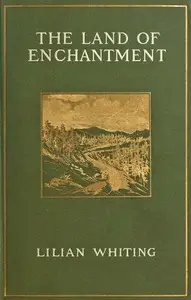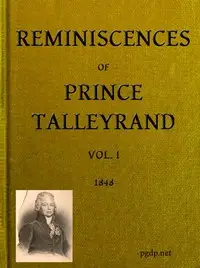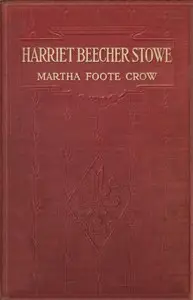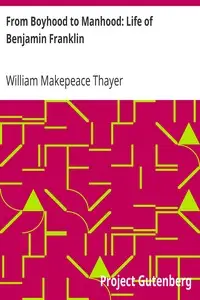"My Reminiscences" by Rabindranath Tagore is a collection of autobiographical reflections written during the early 20th century. In this work, Tagore shares glimpses of his childhood and formative years, highlighting the intricate relationship between his personal memories and his burgeoning literary creativity. Through a lyrical lens, the opening sets the stage for a deep exploration of his inner life, emphasizing the art of memory while diminishing the expectations of historical accuracy. The opening of "My Reminiscences" introduces readers to Tagore's contemplative thoughts on the nature of memory, presenting it as an artistic canvas where experiences are reimagined rather than just recorded. He reflects on specific childhood episodes such as his first schooling experiences and his observations of family interactions. Tagore paints a picture of a young boy navigating a world of keen perceptions and imaginative play, hinting at the profound emotional depth that characterizes his future works. Through vivid anecdotes, the text promises an engaging exploration of the formative influences on one of India's greatest literary figures. (This is an automatically generated summary.)
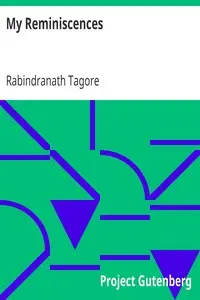
My Reminiscences
By Rabindranath Tagore
"My Reminiscences" by Rabindranath Tagore is a collection of autobiographical reflections written during the early 20th century. In this work, Tagore ...
Rabindranath Tagore was a Bengali poet, writer, playwright, composer, philosopher, social reformer, and painter of the Bengal Renaissance. He reshaped Bengali literature and music as well as Indian art with Contextual Modernism in the late 19th and early 20th centuries. Author of the "profoundly sensitive, fresh and beautiful" poetry of Gitanjali, in 1913 Tagore became the first non-European and the first lyricist to win the Nobel Prize in Literature. Tagore's poetic songs were viewed as spiritual and mercurial; where his elegant prose and magical poetry were widely popular in the Indian subcontinent. He was a fellow of the Royal Asiatic Society. Referred to as "the Bard of Bengal", Tagore was known by the sobriquets Gurudeb, Kobiguru, and Biswokobi.

